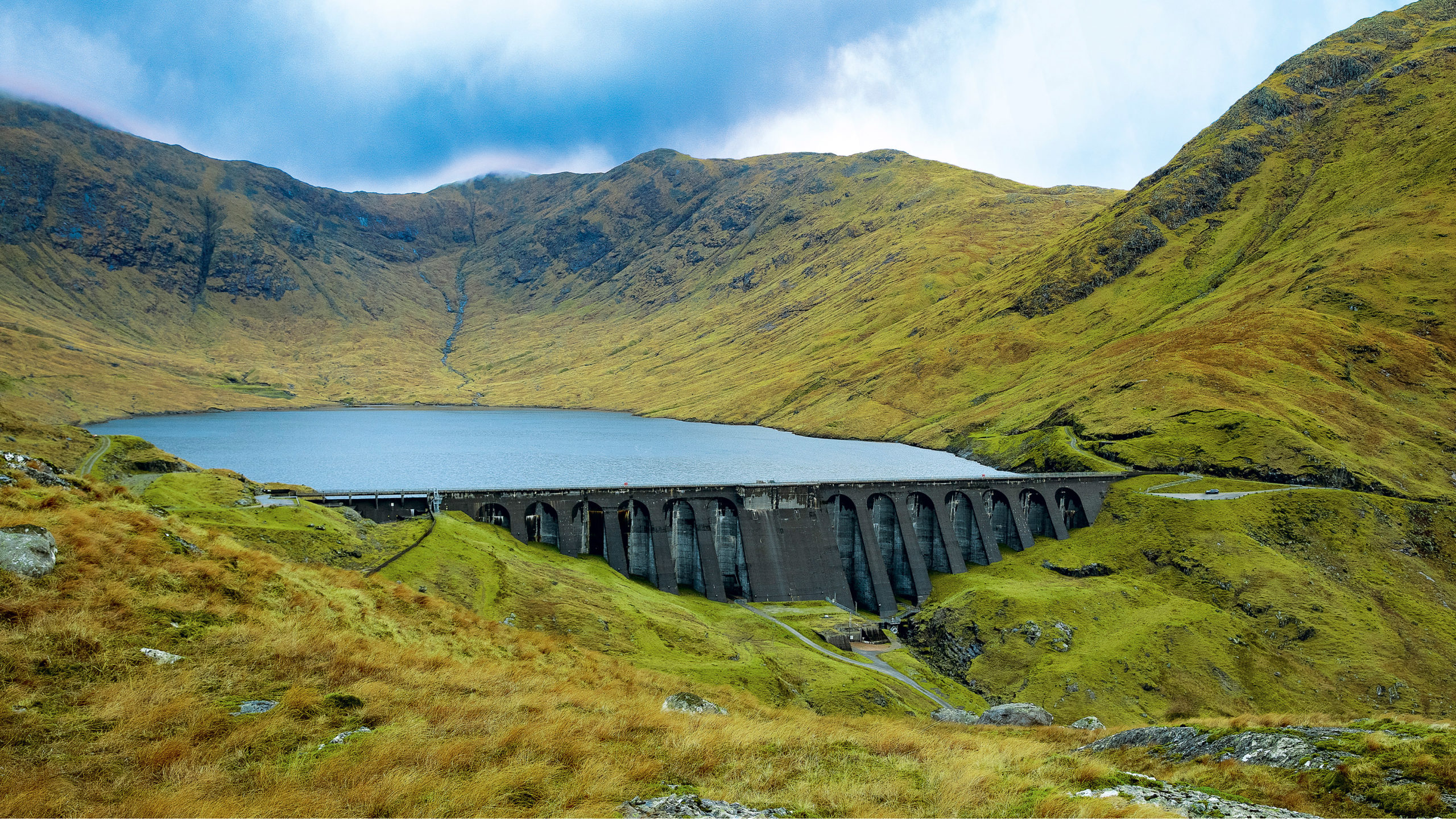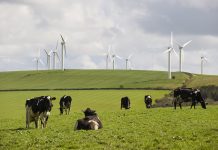Today, World Water Day, energy campaigners claim that an imminent big fee hike from the Environment Agency will – in its words – put a dampener on small hydro-generation schemes.
From 1 April the body protecting Britain’s rivers will raise charges for extracting water by ninefold, from £ 1,500 now, up to a maximum £13,392, depending on the size of the scheme.
The EA’s new fees affect all businesses including small generators who extract at least 20 cubic metres per day from streams, rivers or other watercourses.
The British Hydropower Association estimates that since March 2020, as many as 75 small hydro schemes in England would have been ruled ‘unfeasible’ if subjected to these new costs.
The BHA claims that Britain’s combined capacity of 1.7 GW of hydro schemes, often community- or co-operatively-owned, generates over 5,000 GWh per year, employing over 7,000 people. In addition 2.8 GW capacity exists in pumped storage.
Unbuilt potential exists for another 2 GW of generation, the body says. It has produced a draft 2022 map showing possible sites for hydropower expansion.
Eight years ago the Environment Agency lifted water extraction charges elevenfold, from a previous £135.
Weighing into today’s row are campaigners at Nuclear Free Local Authorities (NFLA), a ginger group of around 50 councils which advocates power generation from renewables.
Its chair David Blackburn has written to Rebecca Pow MP, the minister responsible overseeing the Environment Agency, asking her to exempt small hydro power schemes from the fee increase.
“This increase is outrageous and illogical”, said Blackburn.
“The NFLA shares the concern of the British Hydropower Association that the price hike may well kill off future small-scale hydro projects in England. A 900% rise in fees will deter new projects from being developed and delivered at a time when we should be encouraging more small hydro schemes to power our farms, commercial buildings and sustainable housing off-grid to reduce our carbon footprint and increase our energy security.”
A spokesperson for the Environment Agency responded that the sustainable growth it supported as well as the contribution made by renewables had to be achieved in a way that continues to safeguard the environment.
“The change to hydroelectric power application charges reflects the fact that determining licences for hydro electric power schemes is complex and takes time due to considerable and wide-ranging risks to the environment.
“It costs the EA on average nearly £13,000 to assess a permit application for a hydroelectric power (HEP) scheme but we currently only charge £1,500 for this”. That means a cost pressure of around £11,500 per licence which is being subsidised by other abstractors at the moment, the agency said.
The Environment Agency needs to assess the impacts of the scheme on the environment, the spokesperson went on. Possible changes to flow and geomorphology, impacts on fish spawning and migration, on protected habitat sites and species, and impacts on other abstractors, all needed evaluation.
Unlike most other abstractors, HEP customers generating less than 5 megawatts will continue to be exempt from annual subsistence fees, the EA spokesperson clarified.
Pre-application advice is available to ensure proposed schemes would be viable to be taken forward.
Interest declared: The current writer has participated in the past in planning applications for community-owned hydro generation schemes on the Thames and elsewhere.




